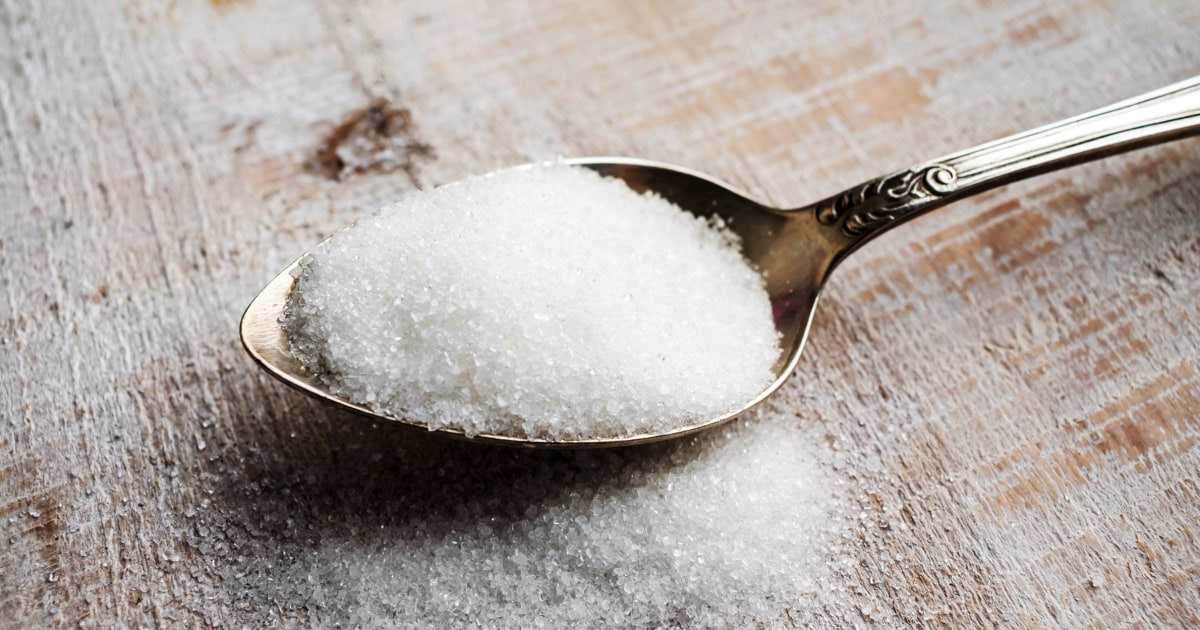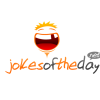
A dozen social media influencers and two trade associations received warnings from the Federal Trade Commission on Monday for endorsing the safety of aspartame, an artificial sweetener, or for promoting the consumption of products containing sugar.
By using health and diet creators, many of whom have large platforms on Instagram and TikTok, to market these products without adequately disclosing their connection to the advertiser, the American Beverage Association and the Canadian Sugar Institute may have violated FTC rules, according to warning letters the commission sent the two groups.
“Consumers should be able to notice the disclosure easily, and not have to look for it,” said the letters, which the FTC shared in a news release.
That means that in a promotional TikTok video or Instagram reel, the disclosure should be made audible in the video itself as well as visible in the text description. The rule applies to paid sponsorships, promotions in exchange for free products, and in cases of any business or familial relationships.
None of the posts targeted by the FTC included any disclosures in the videos themselves, with some creators failing entirely to indicate their material connection to the beverage association anywhere in the post.
“It’s irresponsible for any trade group to hire influencers to tout its members’ products and fail to ensure that the influencers come clean about that relationship,” Samuel Levine, director of the FTC’s Bureau of Consumer Protection, said in a statement. “That’s certainly true for health and safety claims about sugar and aspartame, especially when made by registered dieticians and others upon whom people rely for advice about what to eat and drink.”
Some in-text disclosures labeling a post as “#sponsored” or an “#ad” buried those hashtags multiple lines down in the post description, the letters stated, making them insufficiently clear to the average scroller — especially because users must click to open the full post when they have lengthier descriptions.
Using the in-app “Paid partnership” disclosure labels is also not enough when used alone, according to the FTC, because viewers may too easily miss them.
The FTC’s warnings fall in line with its recently revised advertising guides, published in June, addressing “deceptive” reviews and endorsements.
In its letters involving the beverage association, the FTC laid out concerns about TikTok and Instagram posts by influencers — some who are dietitians — who have built followings online in large part for giving health advice.
Those listed in the letter include: Valerie Agyeman, Nichole Andrews, Leslie Bonci, Keri Gans, Stephanie Grasso, Cara Harbstreet, Andrea Miller, Idrees Mughal, Adam Pecoraro and Mary Ellen Phipps. The FTC said it also examined Instagram videos by Jenn Messina and Lindsay Pleskot in its research into CSI. The influencers each have followings that range from a few thousand to a few hundred thousand followers. Two of them — Grasso and Mughal — have more than 1 million each.
Harbstreet, a dietitian with about 38,500 TikTok followers, wrote in a statement to NBC News that she shares the FTC’s goal of transparent disclosure and protecting audiences from disinformation, and that she plans to ensure her compliance with its updated guidelines.
“Conflicts of interest are not something I take lightly and I have stringent standards in place to determine which partners I work with. One of those many considerations is the quality of the science,” Harbstreet wrote. “In this case, I stand behind what the evidence currently indicates regarding the safety of aspartame. This is supported by numerous domestic and international health organizations and food safety review committees.”
NBC News has reached out to the other influencers who were named in the letter for comment. They did not immediately respond Wednesday.
The Canadian Sugar Institute did not immediately respond with a comment Wednesday.
A spokesperson for the American Beverage Association wrote in an email statement that the association appreciates the FTC’s guidance and will continue its “ongoing commitment” to disclose its relationships with dietitians.
“We took proactive, prudent and meticulous steps to be transparent about our partnership with credible experts who spoke to the science behind the safety of aspartame and the FDA’s determination that it is safe,” the spokesperson wrote. “Importantly, no question has been raised about the substance of these posts.”
Both the trade associations, as well as each of the influencers involved, are facing possible civil penalties of up to $50,120 per violation. Each recipient has 15 working days to tell FTC what they have done or will do to address the agency’s concerns, according to the letters.






